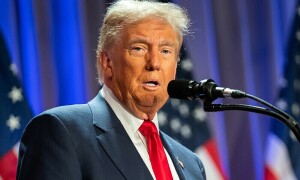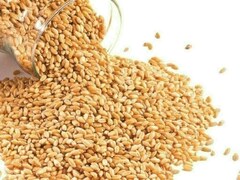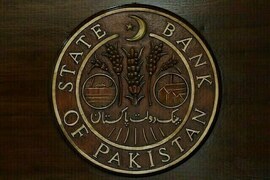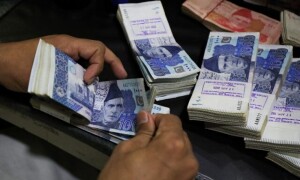EDITORIAL: It seems that the government has still not learned that rejecting any increase in prices of medicines to score political points – rather to avoid losing any more political points – is simply an unsustainable strategy.
Given the rupee’s epic, unrelenting collapse, and the fact that the devaluation increases prices of pharma sector inputs in the international market, it simply beggars belief that government representatives, especially Drap (Drug Regulatory Authority of Pakistan), are still trying to buy time by playing hide and seek with PPMA (Pakistan Pharmaceutical Manufacturers Association).
That’s not to say that it must green-light an immediate blanket price hike, because the private corporate sector’s reputation of exploiting such privileges is only too well known, but there is an urgent need to reach some sort of middle ground.
And that is precisely what they might just have found by agreeing to increase prices on a “molecule-to-molecule basis”. Now PPMA must present a breakdown of prices, detailing which molecules have become more expensive because of the rupee’s great fall and then adjust prices accordingly.
Yet though there is no guarantee of this arrangement working out, it must be noted that even this small step forward took its sweet time coming. For, as recently as 27 March 2023, when the ECC (Economic Coordination Committee) of the cabinet was due to discuss this matter, it had to be deferred because Drap representatives came unprepared in what can only be described as a delaying exercise typical of government departments.
This is very strange. Because with prices rising across the board it is not immediately clear what the government might want to achieve by forcing the pharma sector into a cocoon unaffected by record inflation, especially when such steps amount to practically removing medicines, including life-saving ones, from the shelf altogether.
It’s also true that the pharma sector doesn’t always help its own cause because its reputation of asking for much more than it usually needs always precedes it. But that only increases the responsibility of the government, which has enough departments to watch out for unscrupulous activities of all sorts, especially price manipulation.
In the current environment, though, when inflation and interest rates are breaking national records every few weeks and months, disallowing price adjustment was not just very unfair with the pharma sector, but also ordinary people that desperately need medicines in stores at all times.
One can only hope that the molecule-by-molecule price monitoring system will work to the advantage of all parties, though there are no guarantees just yet.
If it is successful, then perhaps it can be used as a blueprint for the future because if one prediction can be made about the near future with any sort of authority, it is that high prices and higher interest rates are here to stay. And that is bad news for producers and consumers alike.
The worst way to deal with such situations, especially in a market economy, is to freeze prices and hope the storm will pass without affecting anybody.
Patients across the country suffered last year because of lack, and often complete unavailability, of medicines, including life-saving ones.
The government should at least explain what it, or the people, gained from this stubbornness because eventually it is slowly accepting the inevitable and engaging with PPMA, albeit very grudgingly.
Nobody likes to pay extra for medicines, no doubt, but anybody will tell you that they would rather beg and borrow to account for the inflation than be deprived of essential items.
Hopefully, the government would also have understood by now that unnatural interventions in the market and fiddling with prices isn’t always the right thing to do. Expensive medicines is an extremely unpleasant sight. But no medicines is worse.
Copyright Business Recorder, 2023























Comments
Comments are closed.